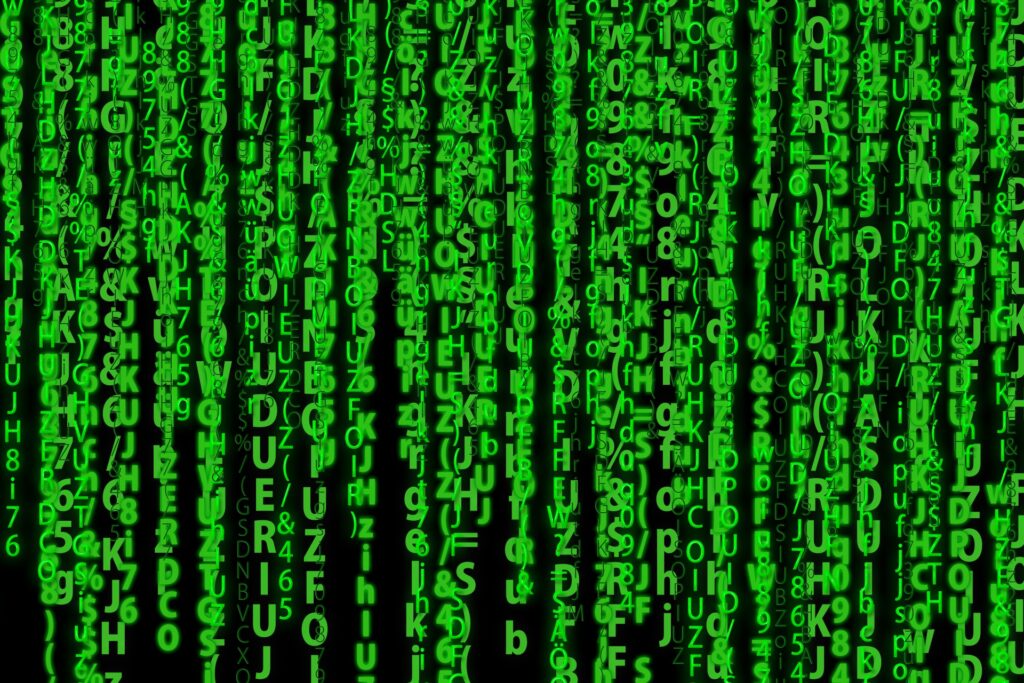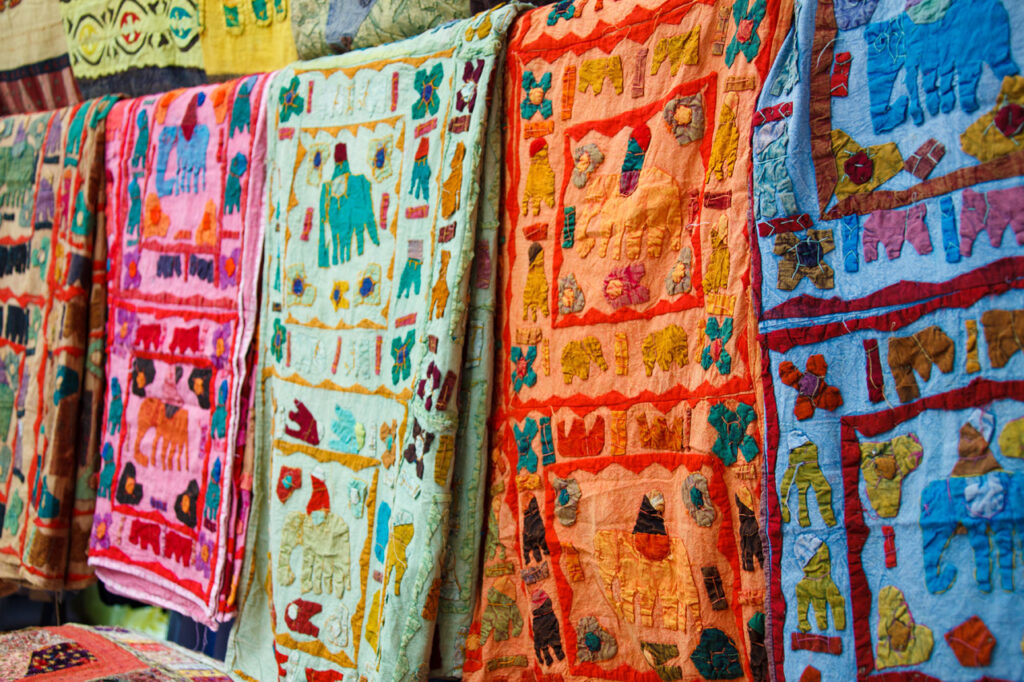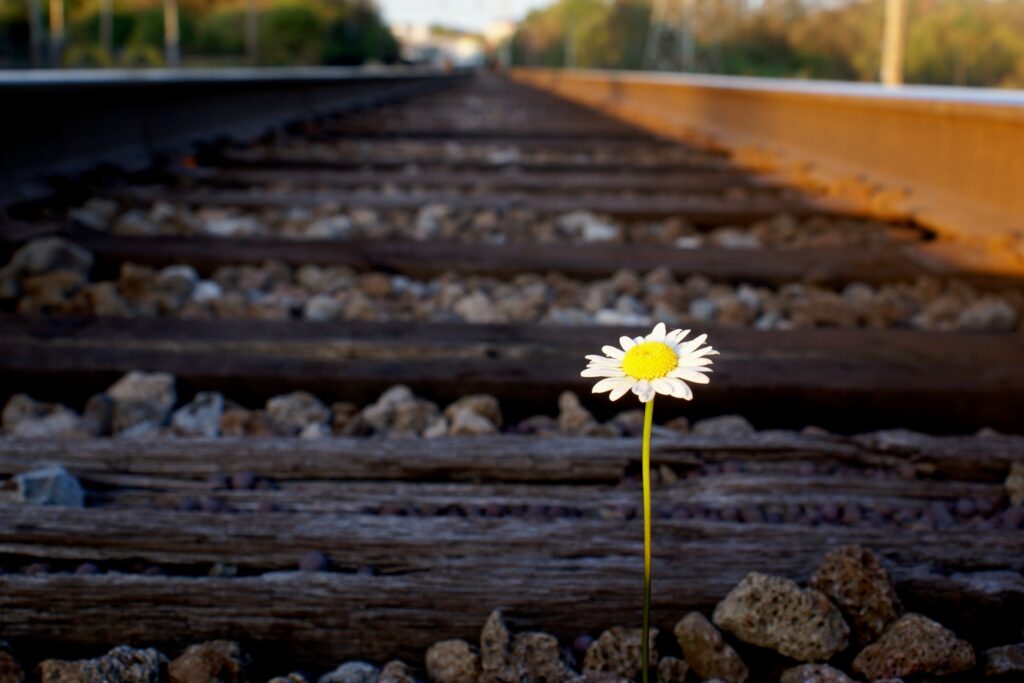I remember that I am here not because of the path that lies before me but because of the path that lies behind me. I remember that which matters most… We are still here!

Morpheus, character in the Matrix movies, spoke these words to inspire the resistance force during one of the darkest times in their long battle with oppressive machine overlords. He encouraged them to keep fighting not because they were sure to win that night, but because they had withstood many other obstacles in the past.
This quote, and the release of a new Matrix movie, makes me think of the world surviving injustice and a pandemic for the past two years. I acknowledge and mourn that not everyone has survived, and some have been left with lasting scars. That said, sometimes just living through a global crisis and remaining a person with the capacity for love, courage, kindness, humor and creativity, even without any other visible achievements, can be a serious accomplishment. Sometimes being ‘still here’ is all we can do, and we can be very proud of that.
Contributors to this month’s very large issue are all asserting that they are all ‘still here,’ and referencing the different sources of strength that have gotten them through these seasons.

Abigail George describes her psychological struggles and the medication, books and creative writing practice that keep her sane. Chimezie Ihekuna and Dave Douglas take refuge in their Christian faith, where God’s love expands their perspective on life and comforts them during loneliness and regret. Hongri Yuan, in works translated by Yuanbing Zhang, talks of stepping outside of our human experience to find spiritual transcendence.
Michael Robinson reflects on having made it through very dark times and come out the other side, while Mahbub’s speakers seek rest and solace on land or at sea.
Abdulloh Abdumominov urges us to make the most of the time we have, while Scott Kaestner shares pieces about being okay with living the life in front of you and not shackling yourself to unrealistic expectations. Duane Vorhees reminds us to ‘count the cost,’ to think of what’s involved when we seek revolution, spirituality, or wisdom.
Laura Stamps describes lives and relationships that have fallen short of our dreams, and the surprising ways we care for each other, and ourselves, at crisis points. Ashley Wang’s piece affirms relentless hope, always asserting that tomorrow will be better. Christopher Bernard resolves to take action to preserve the environment and inspire the rest of the planet to do the same. To him, we can kick our carbon addiction the same way he quit smoking.

Katrina Kaye reminisces about love and the memory of love, about small tokens of others’ presence and care. John Thomas Allen seeks to capture and personalize a bit of his abstract love, to have a token in his hand as well as in his heart. John Edward Culp compares the creativity required to adorn a canvas with the imagination required to understand another person.
Some writers bear witness to difficult times. Christine Tabaka speaks of mothers’ empty arms, the death of relationships, and other human griefs. Bruce Mundhenke captures the fear and dread of a planet under attack. Howie Good relates death and destruction in a more surrealist, darkly humorous manner while J.J. Campbell conveys the loneliness and quiet dignity of caregiving and the end of life. Ahmad Al-Khatat longs for love in a landscape depopulated after war while Nguyen Thanh Hai mourns a missing companion. Karen Boswell writes of a random memory made sweet through loss.
Susie Gharib also writes of relationships hurtling towards inevitable ends. In subsequent pieces she celebrates the life enrichment brought through travel, as Robert Thomas does with his extensive depiction of Marrakesh’s street markets. Sterling Warner’s poems incorporate more ordinary venues (cities at dawn, carousels) along with the exotic locales. Ian C. Smith’s speakers sail into maritime adventures of strength, bravery, and beauty.
Abby Ripley describes the power of thought and ideas in shaping prehistoric human lives. Far from being a luxury, imagination helped our ancestors find food and water and shelter on the savanna. Saurav Ranjan Datta also references history, celebrating the lives of powerful women leaders in a new book, Goddesses of Fury: History’s Most Daring Queens. In the spirit of the Matrix films, Andrew Dibble’s short story probes the linguistic systems created by humans versus intelligent machine-learning algorithms.

Mark Young’s impressionist literary pieces reference art, creativity, and learning by experience. Vernon Frazer’s work elides the ordinary rules of syntax, creating its own world of sound and syllable arrayed on the page. Patrick Sweeney arranges phrases on the page in a semblance of meaning. Michael Todd Steffen’s words paint canvases in homage to visual artists’ work, while Norman J. Olson reflects on his legacy of art based on the nude human figure.
James Thurgood crafts pieces that seem simple but encapsulate deeper thoughts and truths. A boy’s unevenly tied shoelaces evoke parents’ inability to ensure children’s lives will be free from risk, a teen’s romantic gesture becomes a meditation on the passing of youth.
Peter Cherches also references ordinary life, sharing the thoughts and memories coming to his mind when he thinks of formerly popular songs and TV shows.
Ike Boat promotes the writing of a children’s author and literacy advocate, Dennis Mann, while John Grey ponders what items we collect and what knowledge we seek, as some facts inevitably slip out of our grasp with time, like water evaporating from a thirsty land.
We hope that you will take comfort and find strength within these submissions and join in the literary exchange of ideas.
